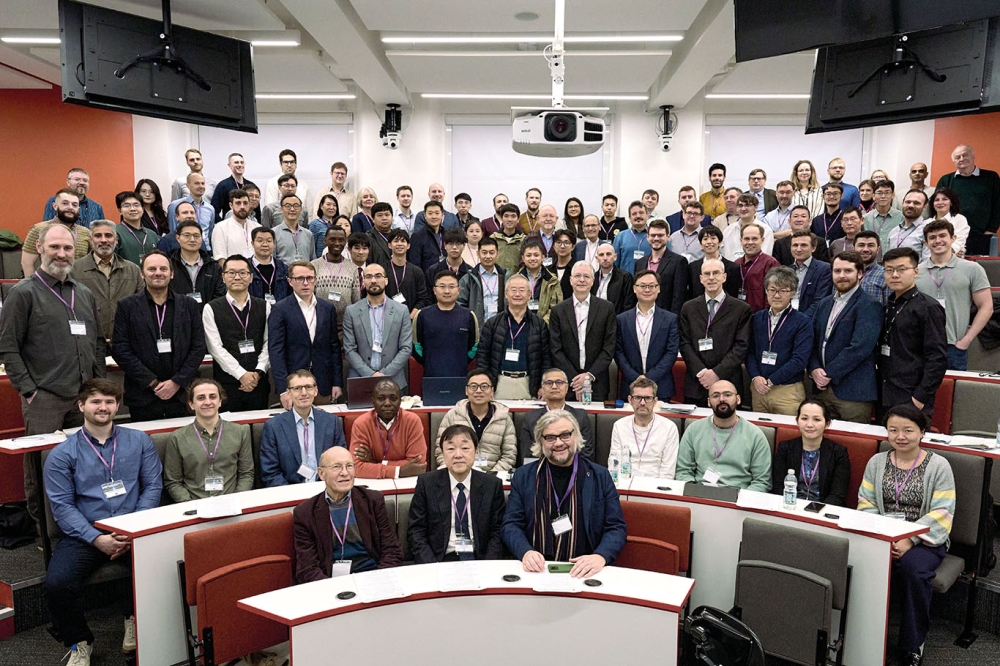Technical Insight
Oki Electric breaks power density record
Researchers at Oki Electric say that they have broken the output power density record for a high-voltage GaN HEMT built on silicon.
The Japanese team’s transistor, which could be used to provide amplification in a 3G network base station, delivers 12.88 W/mm.
The output power from Oki’s device is still inferior to that produced by GaN-on-SiC equivalents, which can deliver more than 30 W/mm at 4 GHz. However, lead author Shinichi Hoshi points out that silicon substrates have one considerable advantage – they are 100 times cheaper.
He thinks that the team’s success stems from addressing two weaknesses of GaN-onsilicon HEMTs: a high parasitic loss, which degrades RF performance; and the substrate’s low thermal resistance that hinders heat dissipation from high-power devices.
High parasitic loss is caused by the conductive layer at the silicon–GaN interface, which results from gallium diffusion into the substrate. Oki’s engineers have developed a proprietary growth process that eliminates this layer, according to carrier concentration profiles measured by the capacitancevoltage method.
GaN HEMTs fabricated with the superior growth process delivered a hike in the maximum oscillation frequency from 13.8 to 101.4 GHz.
Substrates just 60 μm thick were employed for the growth and improvements in the transistor’s thermal management enabled the record-breaking output of 12.8 W/mm at a drain-source voltage of 70 V, alongside a large signal gain of 19.2 dB. At 5 GHz, output power is 7.5 W/mm and gain is 12.8 dB.
The researchers are now starting to study device reliability. Hoshi says that the team has performed preliminary reliability tests at 70 V and the results suggest that the HEMTs do not suffer from a substantially rising gate leakage current, or a falling output power.
The output power from Oki’s device is still inferior to that produced by GaN-on-SiC equivalents, which can deliver more than 30 W/mm at 4 GHz. However, lead author Shinichi Hoshi points out that silicon substrates have one considerable advantage – they are 100 times cheaper.
He thinks that the team’s success stems from addressing two weaknesses of GaN-onsilicon HEMTs: a high parasitic loss, which degrades RF performance; and the substrate’s low thermal resistance that hinders heat dissipation from high-power devices.
High parasitic loss is caused by the conductive layer at the silicon–GaN interface, which results from gallium diffusion into the substrate. Oki’s engineers have developed a proprietary growth process that eliminates this layer, according to carrier concentration profiles measured by the capacitancevoltage method.
GaN HEMTs fabricated with the superior growth process delivered a hike in the maximum oscillation frequency from 13.8 to 101.4 GHz.
Substrates just 60 μm thick were employed for the growth and improvements in the transistor’s thermal management enabled the record-breaking output of 12.8 W/mm at a drain-source voltage of 70 V, alongside a large signal gain of 19.2 dB. At 5 GHz, output power is 7.5 W/mm and gain is 12.8 dB.
The researchers are now starting to study device reliability. Hoshi says that the team has performed preliminary reliability tests at 70 V and the results suggest that the HEMTs do not suffer from a substantially rising gate leakage current, or a falling output power.































